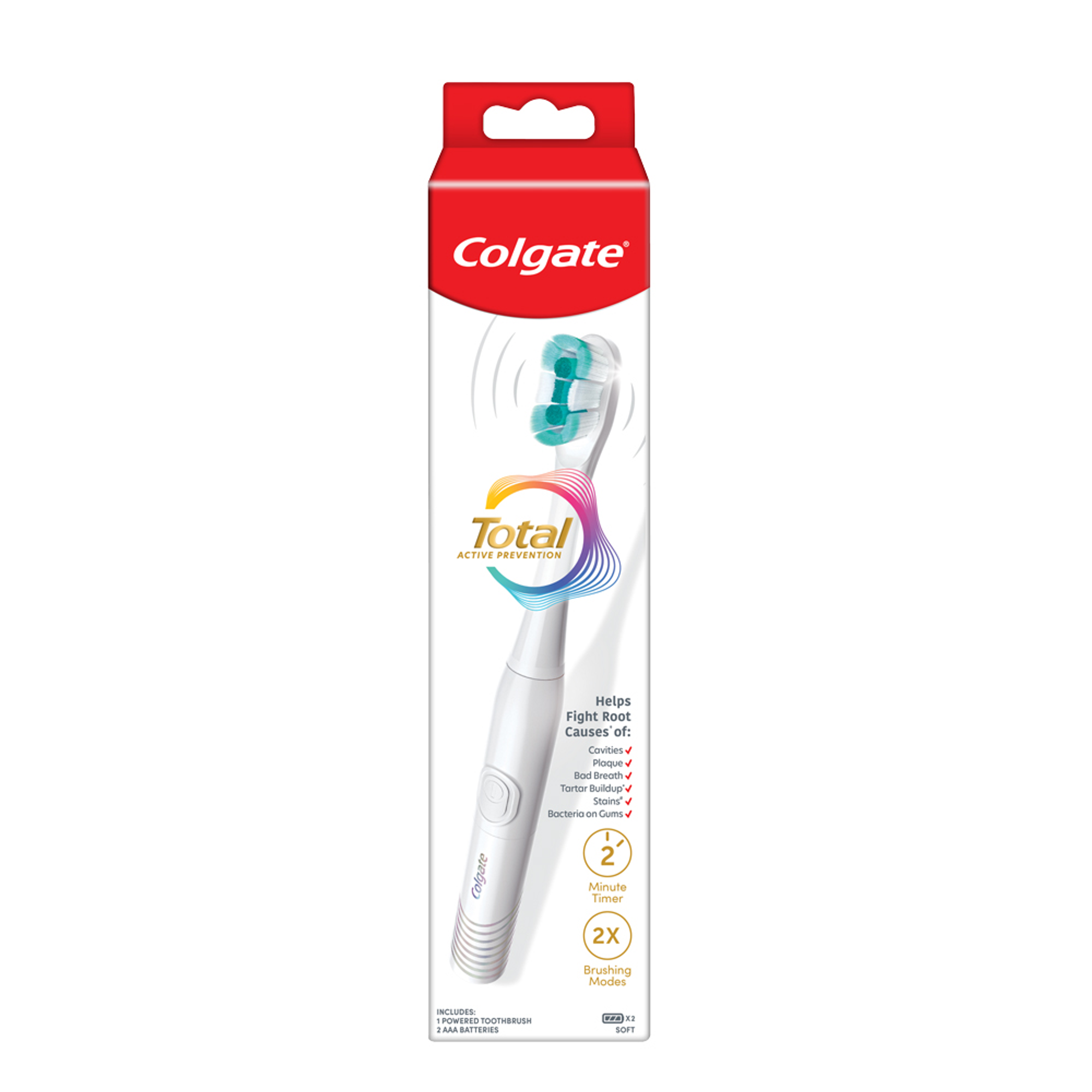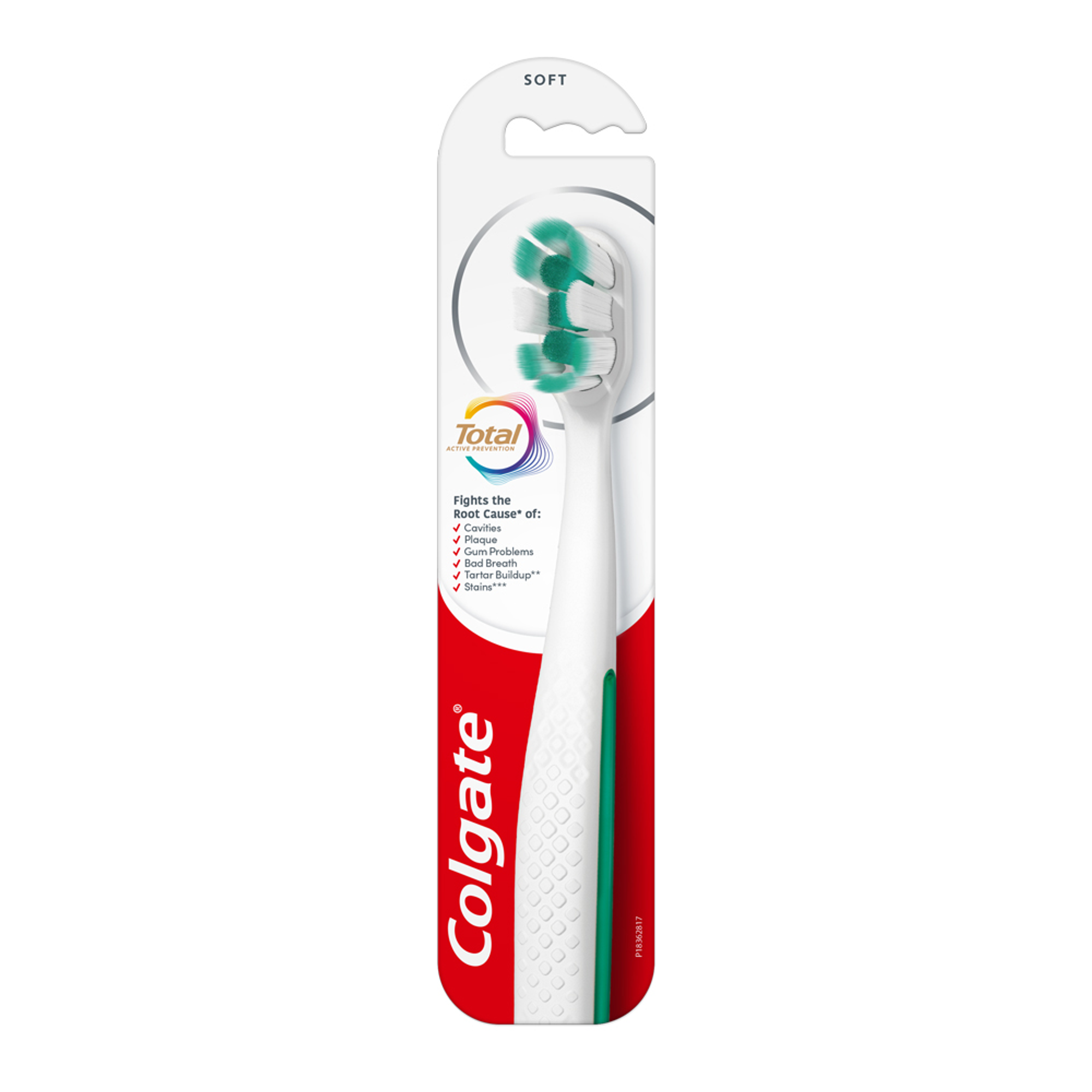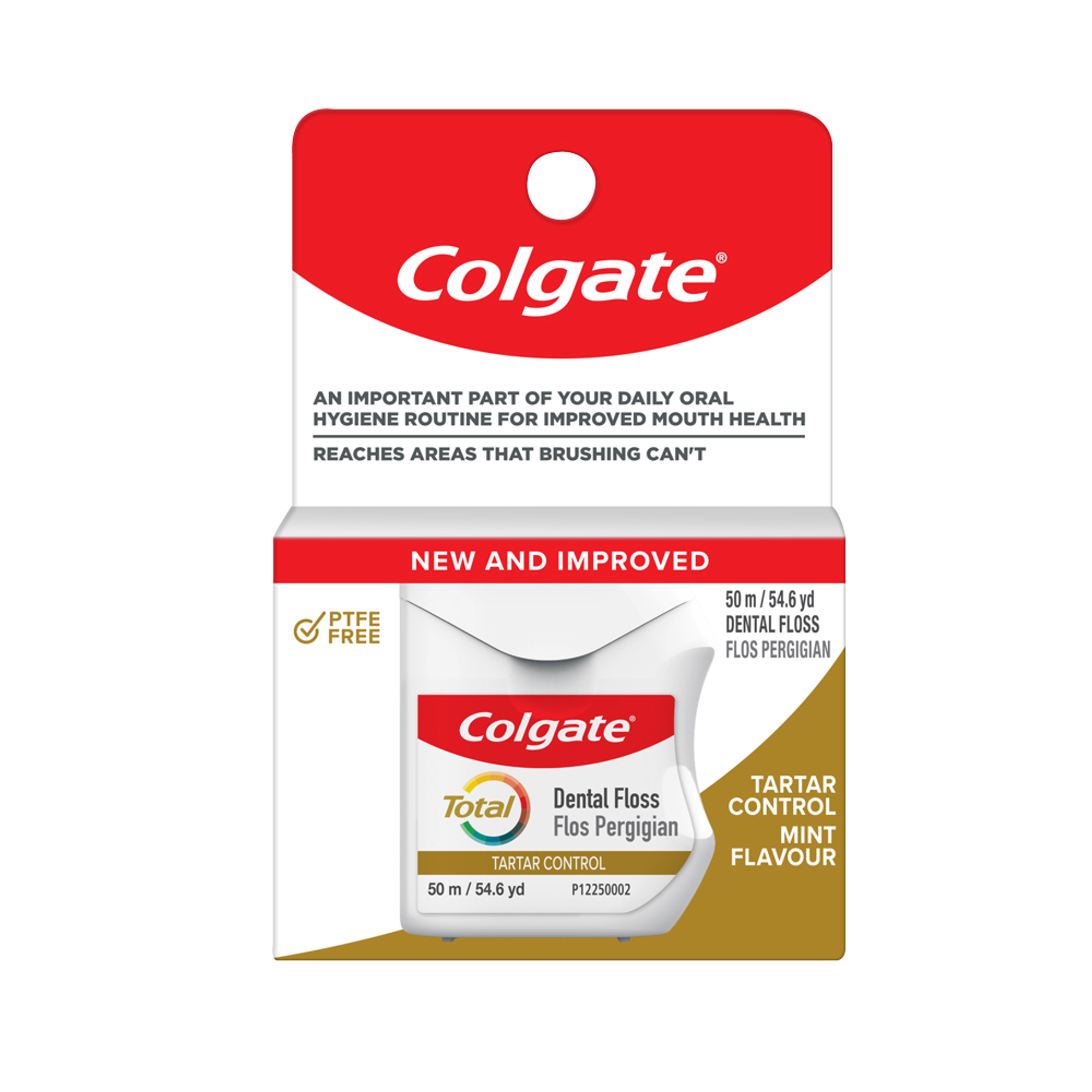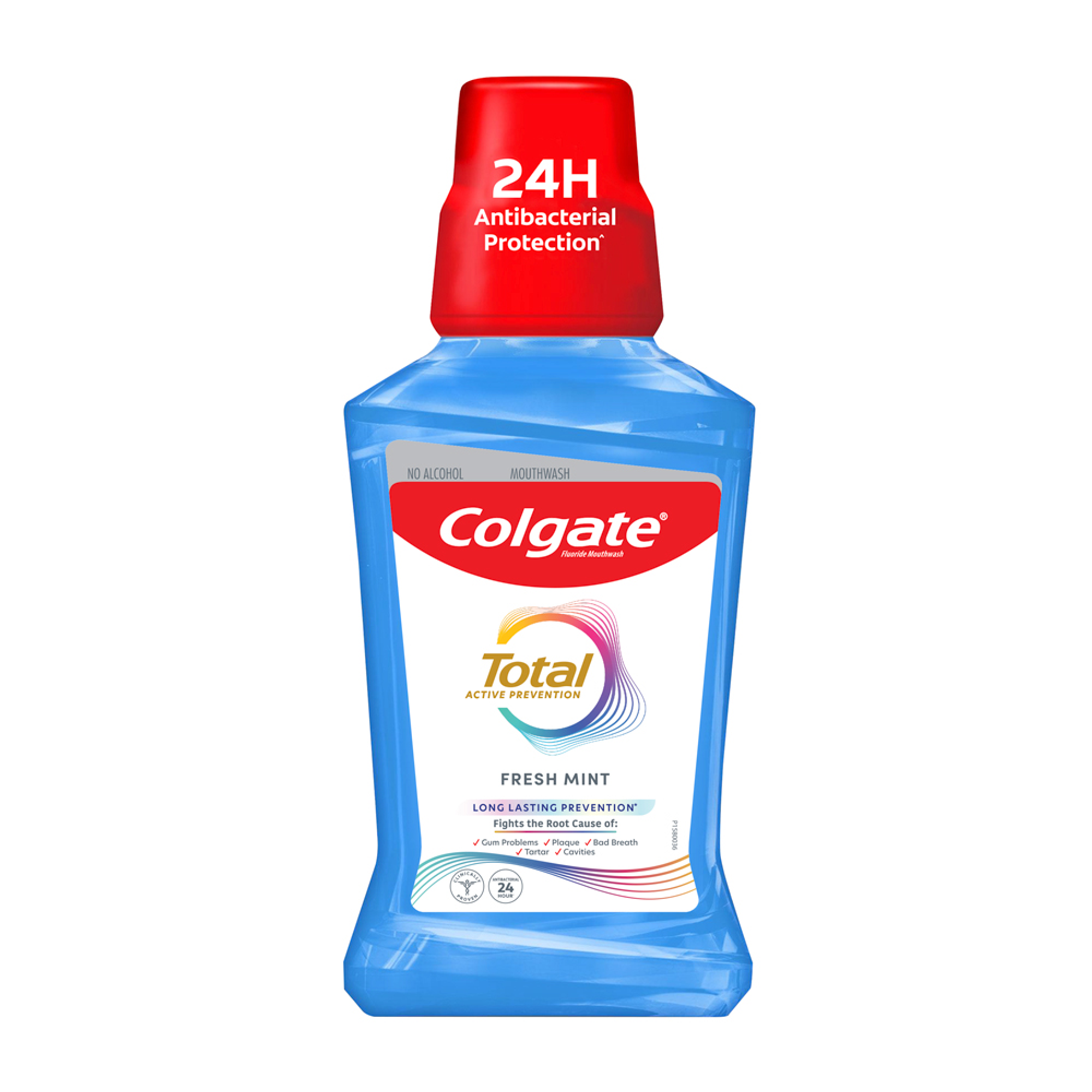- Oral Health and Dental Care | Colgate®
- Oral Health
- Understanding the Causes and Treatment of Receding Gums


Rebecca Gatesman
It can be scary and painful to have receding gums, but you don't need to worry. There are several steps you can take at home that may serve as effective treatment for receding gums, depending on the severity of the problem. The first step for addressing an oral health matter is to consult your dentist to find out whether your oral health requires further measures.
Causes of Gum Recession
Gingival recession, or gum recession, is what happens when gum tissue is recessed and lowers its position on the tooth, exposing the roots of the teeth. This can be caused by any number of life habits, and your course of treatment is often dependent on the cause of the problem.
The following are some of the most common causes of gum recession:
Overly aggressive brushing or flossing. It's great to be enthusiastic about oral care, but according to an article in the Journal of Periodontology Online , you should make sure that you're brushing, not scrubbing! Never use a toothbrush that isn't labeled "soft." Be gentle on your teeth, and remember that taking care of them isn't supposed to hurt.
Genetics. Your gums' characteristics are determined by your genetics, just as the rest of your body is. If one or both of your parents have gum recession, you're at a higher risk for receding gums.
Abnormal tooth positioning. If your teeth are not in alignment to one another, gum recession can occur in this situation.
Grinding your teeth, or bruxism. Do you often wake up with a headache? Does your spouse or partner complain that you grind your teeth? This habit can be the cause of many dental maladies, not just gum recession, so let your dentist know right away if you think you are grinding your teeth. Teeth grinding can be treated easily and painlessly with a mouth guard and several other options.
Trauma to gum tissue. The gum tissue may recede when a traumatic injury has occurred on a tooth or teeth.
Poor oral health. If your oral health habits are questionable, gum recession may be a result of periodontitis.
Don't worry. No matter what caused your gum recession, there is a treatment.
Receding Gums Treatment
If you are only mildly affected by receding gums, that's great! Catching it early means that you likely won't require professional treatment to fix it. Your dentist will help you identify the cause and will instruct you in how to address it. You may have to re-evaluate your flossing habits, get a mouth guard and buy a different toothbrush, such as the Colgate ® Slimsoft Gum Care toothbrush.
If you do need treatment, your dentist will work with a periodontist, a gum specialist, to decide on the best course of action. Along with helping you change the habits that caused the gum recession, your dentist will determine whether you would benefit from a special, deeper cleaning called a scaling and root planing. This is frequently the solution when your gum recession is caused by periodontitis. You'll also receive a new toothbrush and instructions in how best to care for your mouth to help it recover.
Depending on the cause of your gum recession, you may have to have surgical treatment. This procedure will be done by your periodontist and is called a gum graft. Your periodontist can tell you more about this procedure and what to expect.
Taking care of your oral health is very important. Your mouth is a great indicator of your general wellness, and an oral infection can affect your whole body. Be gentle with your teeth, and go to the dentist if you have any persistent discomfort.
Related Products

Helping dental professionals
More professionals across the world trust Colgate. Find resources, products, and information to give your patients a healthier future













